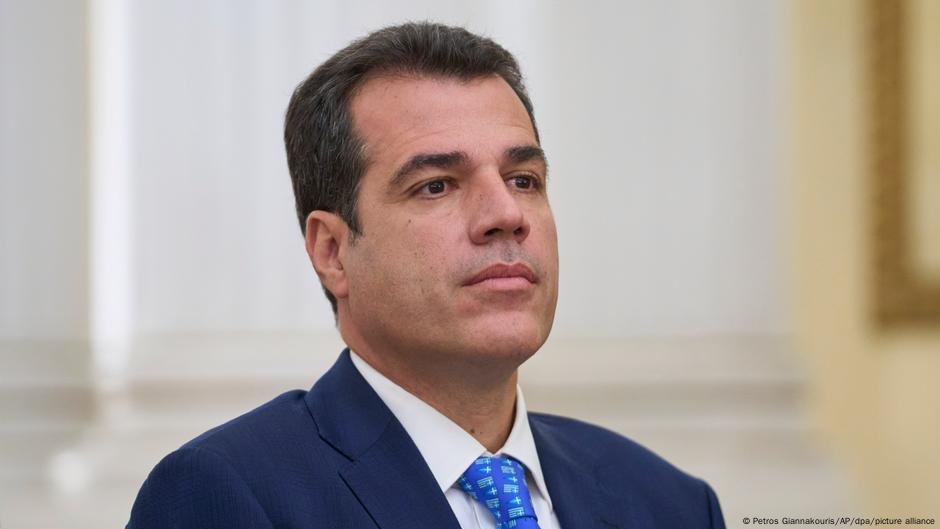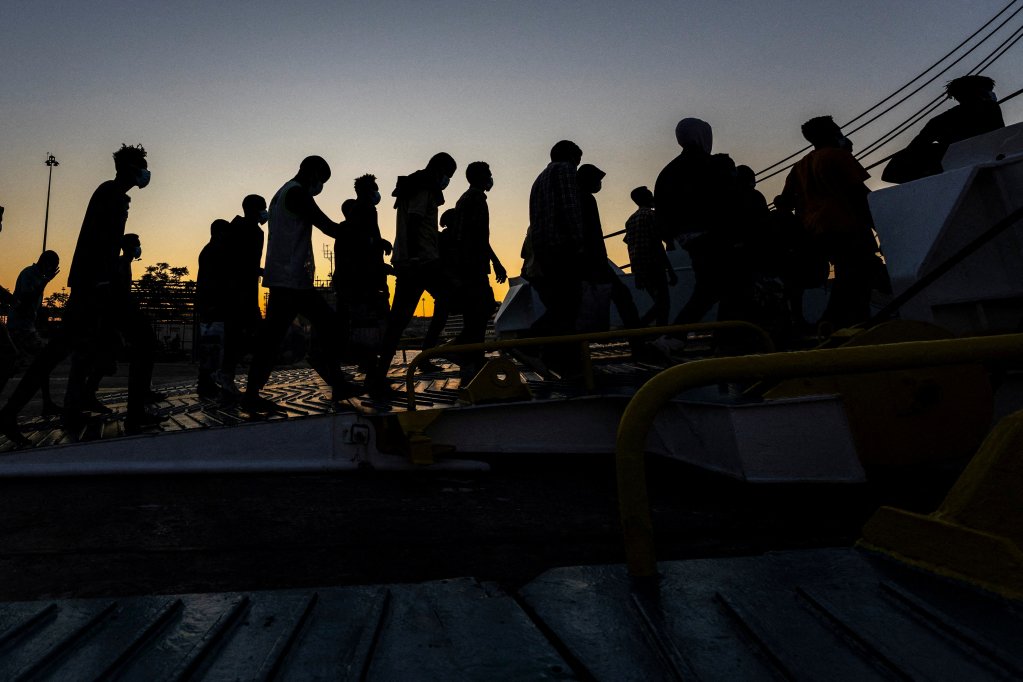The most recent measures taken by the Greek government to reduce irregular immigration numbers appear to be working — for the time being. The government says it might extend a ban on asylum procedures in Crete, while also introducing more severe punishments for people arriving in Greece using irregular means.
Far fewer migrants have managed to reach the southern Greek island of Crete since Athens announced a three-month moratorium on asylum applications being processed.
Arrival rates have fallen to "below 900" since the government announced the suspension on July 9.
Greek Migration Minister Thanos Plevris said that "(t)he clear message that the country will no longer give asylum for the next three months, and that immigrants will be detained, appears to have had an effect."
The Greek government meanwhile also announced that it might extend the measures if required.
Despite the rise in arrival numbers to Crete and Gavdos, the overall number of sea arrivals to Greece dropped by 5.5 percent in the first half of this year, according to the UN.
Over 7,000 arrivals in 2025
The number of irregular migrants arriving on Crete from Libya reached new records earlier in the summer months, much to the surprise of authorities on the island at the time, which were not prepared.
This route is considered less common and more perilous; however, an increased presence of Greek coast guards in the Aegean Sea has resulted in more Greece-bound migrant departures shifting from Turkey to the Libyan shores.

More than 7,000 migrants have managed to reach Crete and the small neighboring island of Gavdos since the beginning of the year, marking a 40 percent increase compared to 2024.
In response, Greek authorities sent two frigates to patrol waters near the Libyan coast and have also launched a program to train Libyan coast guard officials in Crete, a way of strengthening cooperation between the two countries in a bid to reduce migrant arrivals on that route.

Read AlsoGreek coast guard rescues hundreds of migrants, as Libya-Crete route becomes busier
Plevris seeks to introduce further anti-migrant laws
The decision to suspend asylum applications came after 2,642 migrants reached the Greek Island in the first week of July, which Plevris referred to as an "invasion" on Greek public broadcaster ERT.
"There should be a clear message that countries have borders, [that] Europe has exceeded its capabilities and will not accept any more illegal migrants," the minister further stressed.
Plevris added he hoped that the temporary suspension would become law "by early September," referring to government plans to introduce new laws under which migrants could be detained for up to two years for entering Greece using irregular channels.
The same law would also result in up to five years of imprisonment if migrants were subsequently found to be staying in Greece without legal papers.
The proposed law, however, would not apply for people who are found to be fleeing armed conflict, as they would qualify for asylum.
Read Also'Detention or return': Greece moves to imprison those who don't voluntarily leave
Crete's tourism industry reacts
This rise in arrivals has also resulted in discontent with the local population of Crete, which is by far the biggest Greek Island and a popular holiday destination.
The tourism sector in particular has voiced concern that during their busiest season, visitors might think twice before coming.
However, human rights groups have criticized the move, saying it was in breach of international law, and UNHCR expressed "serious concern" over the development.
Greek Prime Minister Mitsotakis' decision to freeze asylum applications in Crete also attracted criticism for the fact that his family hails from the southern island, with activists highlighting that no other Greek Island had attracted so much special attention since he took office in 2019.

Read AlsoCrete fears more migrant arrivals could hurt tourism
Further accusations against Greek government
Rights groups have previously also accused Greece of conducting pushbacks of migrants at the country's land borders and at sea, which are illegal under international law.
Some activists consider this rejection of asylum applications on Crete an extension of this alleged policy.
The Greek government denies being in breach of international law, saying it is protecting its borders only with the legal means that are at its disposal.
The European Union is currently reviewing 12 reported cases of potential pushbacks by Greece.
Read AlsoIs Greece in the middle of a new refugee crisis?
with Reuters, AFP
